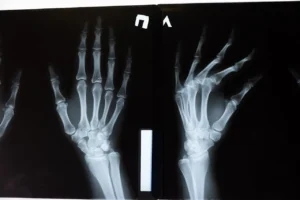
Aiming to advance treatment options for seizure disorders, Marinus Pharmaceuticals has successfully completed enrollment in the global Phase 3 TrustTSC trial. This trial assesses oral ganaxolone’s efficacy in managing seizures associated with tuberous sclerosis complex (TSC) across various age groups. Dr. Alex Aimetti, Marinus Pharmaceuticals’ Chief Scientific Officer, expressed gratitude to the TSC community for their support and participation in this pivotal trial.
Dr. Joseph Hulihan, Marinus’ Chief Medical Officer, highlighted modifications made to ganaxolone’s titration schedule based on insights from the Phase 2 TSC trial. These adjustments aimed to mitigate somnolence-related adverse events, with promising outcomes as less than two percent of participants discontinued treatment due to such effects.
Anticipated in the first half of the fourth quarter of 2024, topline data from the TrustTSC trial is eagerly awaited. Marinus aims to submit a supplemental New Drug Application to the U.S. FDA in April 2025, with priority review requested.
Furthermore, Marinus announced the acquisition of a new method of use patent for ganaxolone in treating TSC, strengthening its intellectual property portfolio.
The TrustTSC trial (NCT05323734) is a randomized, double-blind, placebo-controlled study evaluating ganaxolone’s adjunctive oral treatment in TSC-related epilepsy. It spans a baseline period, a double-blind treatment phase, and potential long-term open-label phases. The primary endpoint is the percentage change in 28-day TSC-associated seizure frequency. Enrolled across various global sites, the trial includes participants who have previously been treated with multiple antiseizure medications, allowing for a comprehensive assessment of ganaxolone’s efficacy in real-world scenarios.
Tuberous sclerosis complex (TSC) is a rare genetic disorder characterized by non-cancerous tumors, skin abnormalities, and severe neurological manifestations, including refractory seizures. It’s a leading cause of genetic epilepsy, emphasizing the urgency of developing effective treatment options for patients.




